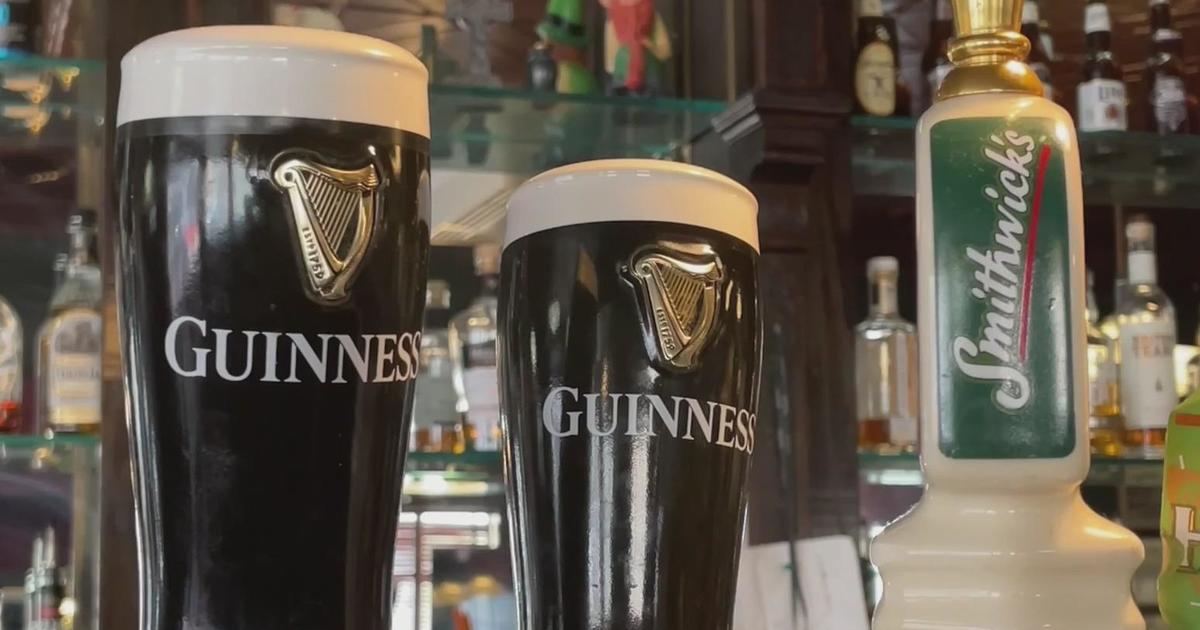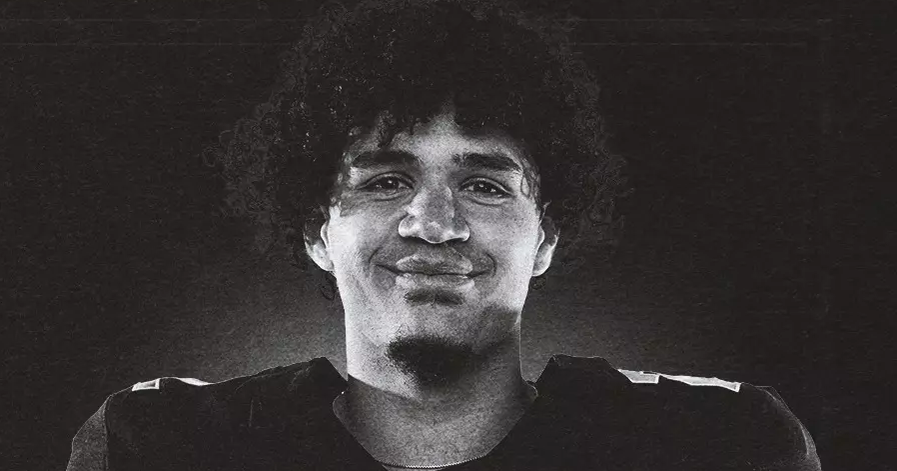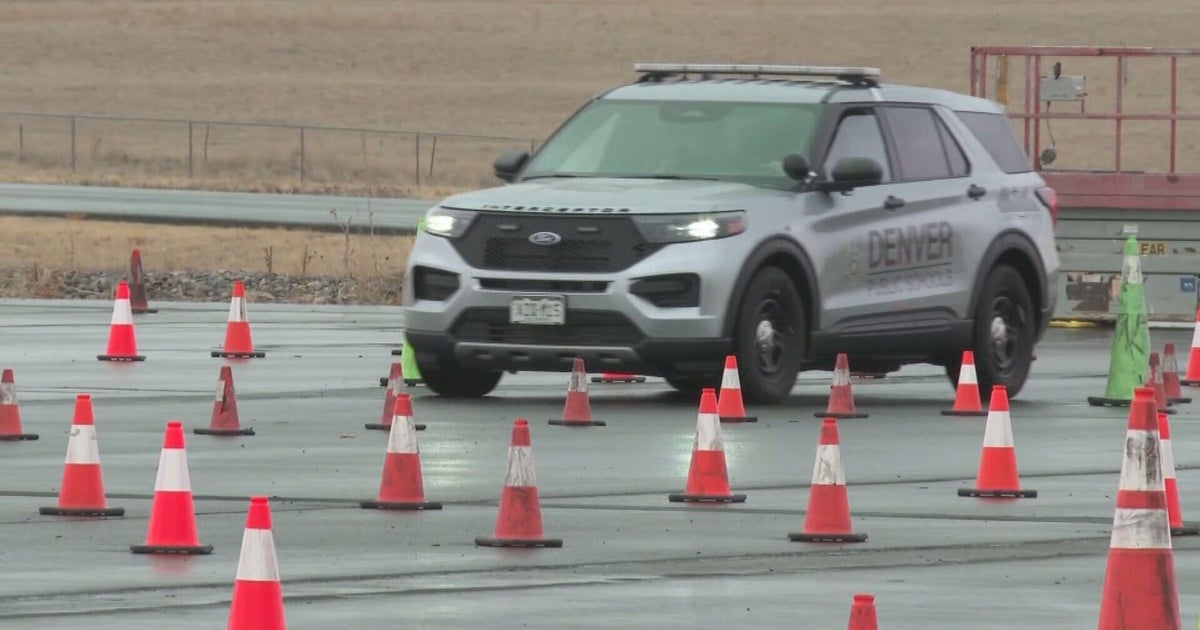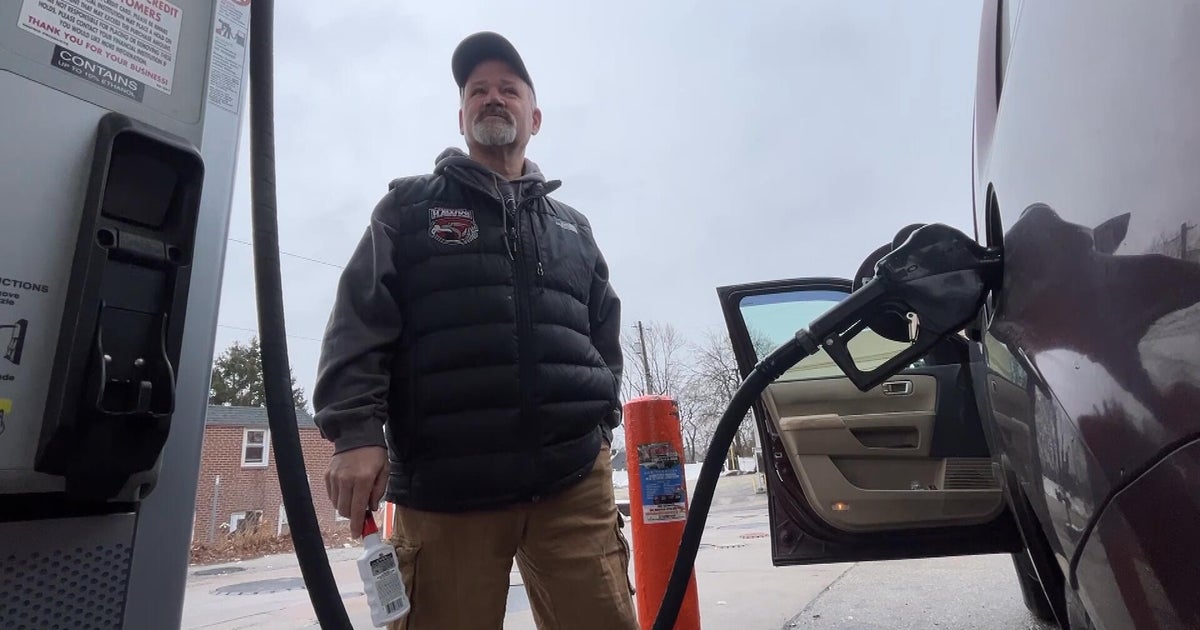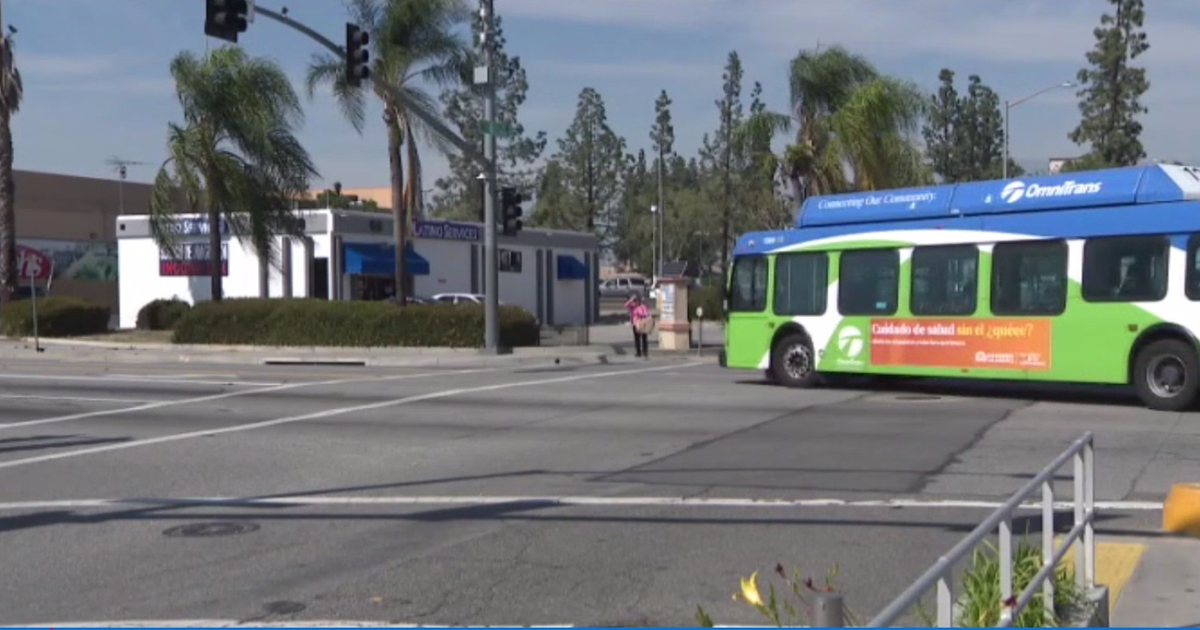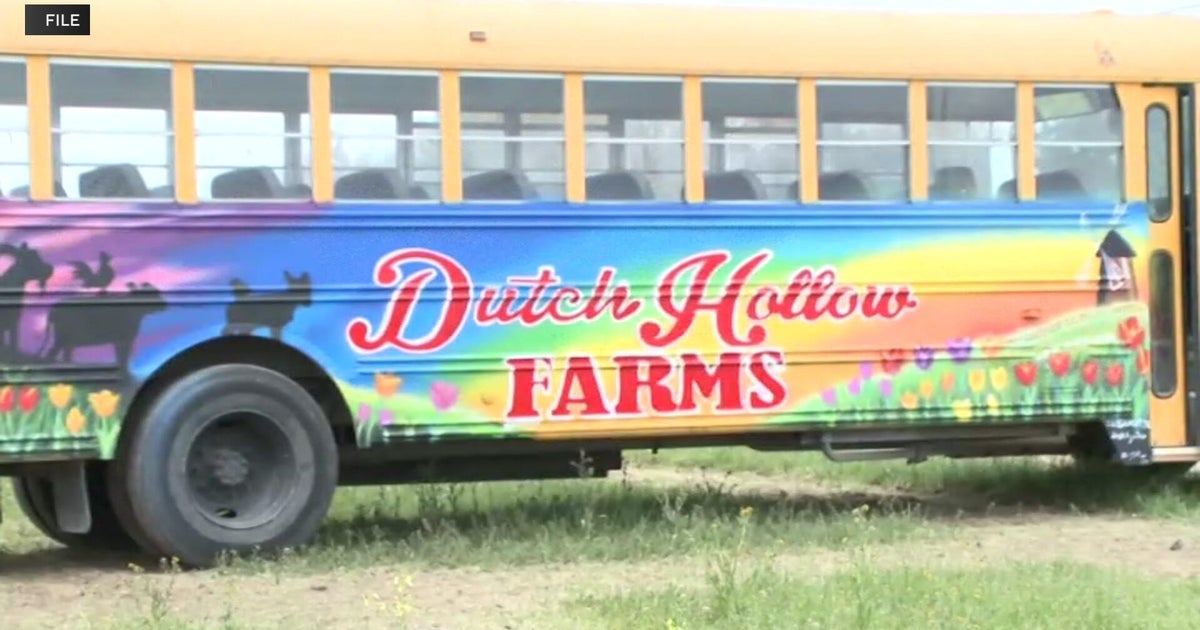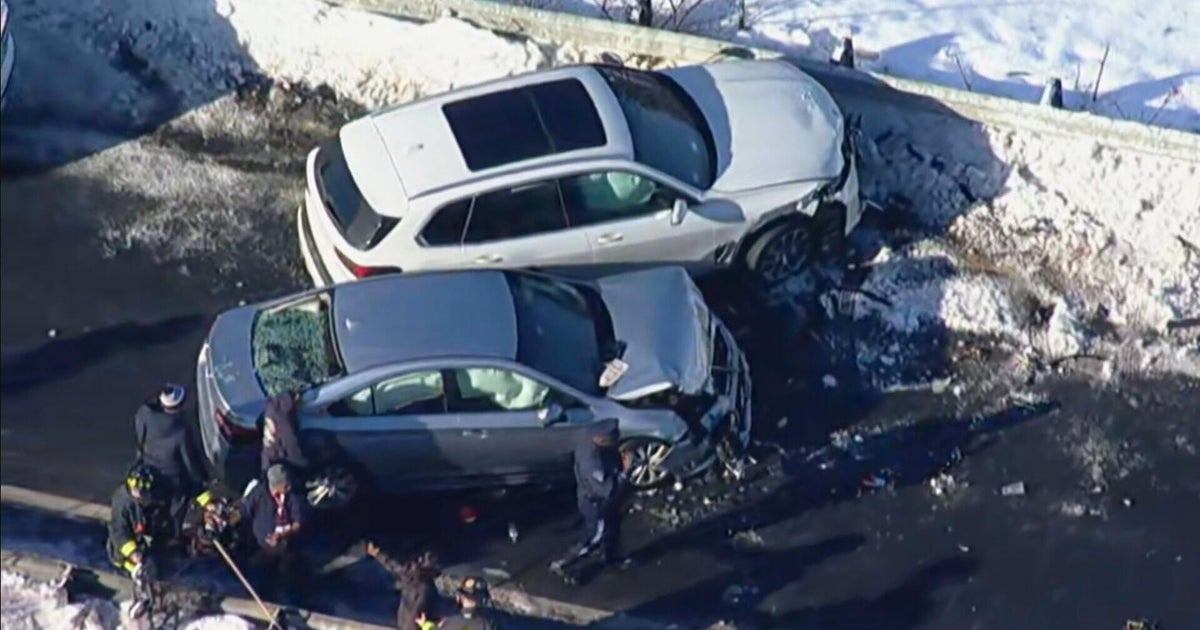Pair Of Powerful Technologies Could Help Prevent Drunk Driving Deaths
NEW YORK (CBSNewYork) -- When you get into your car and hit the road, you never know when you might encounter a drunk driver.
Now, the inventors of two new car features believe their devices could keep those drivers from ever starting their engines.
Engineer Bud Zaouk is leading a research team creating technology that could help prevent 10,000 drunk driving deaths a year -- lives like those lost on Oct. 29, 2010.
That was when Matt and Meredith Eastridge, pregnant with a child for the first time, lost their baby.
David Huffman spent the last two hours of his life that day getting drunk and putting away the equivalent of 15 drinks -- each one recorded on a security camera.
The 25-year-old Huffman stumbled out of a Charlotte, N.C., bar afterward and three minutes later was involved in a crash in which he died and the Eastridges were critically injured.
Huffman had a blood-alcohol content three times the legal limit and was driving 100 mph, CBS 2's Dick Brennan reported.
"I remember saying look at that, look at that car. That was the last thing I remember," Meredith Eastridge said.
Now, Zaouk is overseeing a pair of technologies -- one touch-based and the other breath-based.
"The idea is to develop a sensor that can potentially be implemented in the vehicle to prevent anybody that's above the legal limit -- of the .08 limit -- and prevent them from moving the vehicle and driving," Zaouk said.
Unlike existing Breathalyzer tests for convicted drunk drivers, the two new sensors would prevent anyone over the limit from getting behind the wheel.
The touch-based sensor, which would be embedded in the start-stop button, would shine an infrared light into the driver's finger.
In a half-second, it would measure the alcohol content in a person's tissue.
The breath-based sensor, which would be mounted near the steering wheel, would monitor molecules in the driver's breath.
Zaouk said, however, the technology is likely about eight to to 10 years away.
The Eastridges now have a daughter. They hope the technology will be standard in new cars by the time she is old enough to drive.
The project's $10 million funding is split between 16 car makers and the federal government.
However, it is opposed by the American Beverage Institute, which represents 8,000 chain restaurants in the United States.
Share your thoughts in the comments section below...
